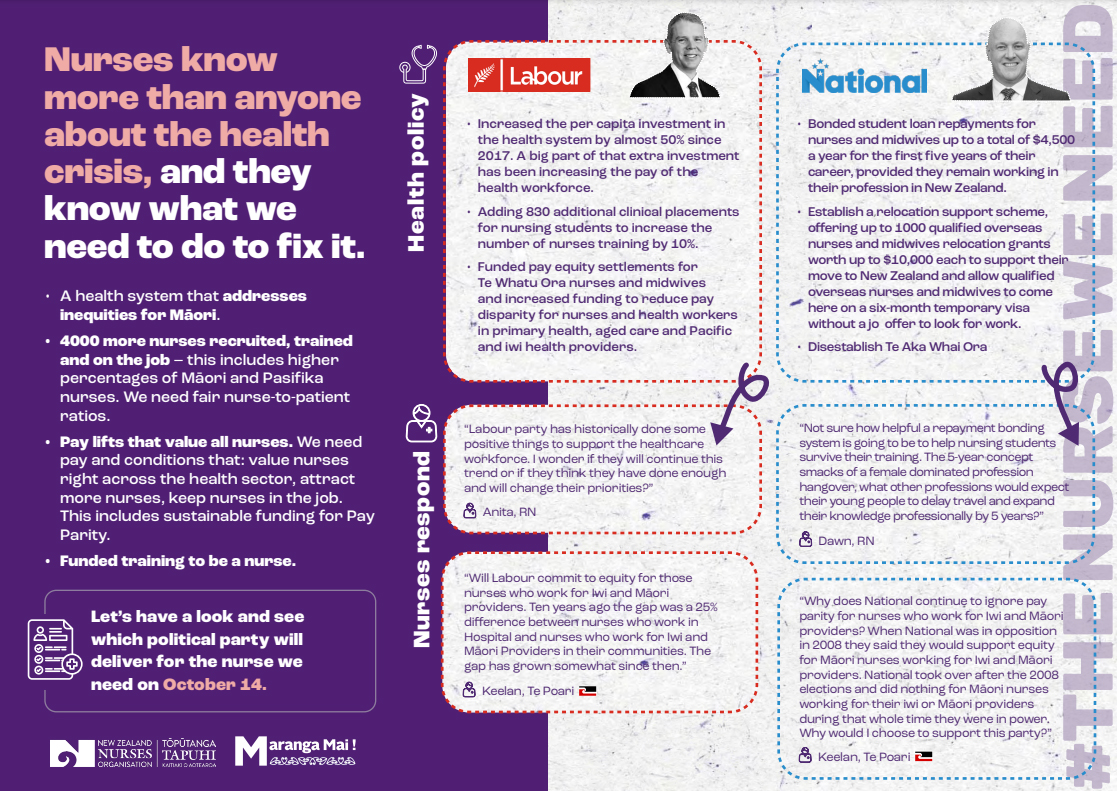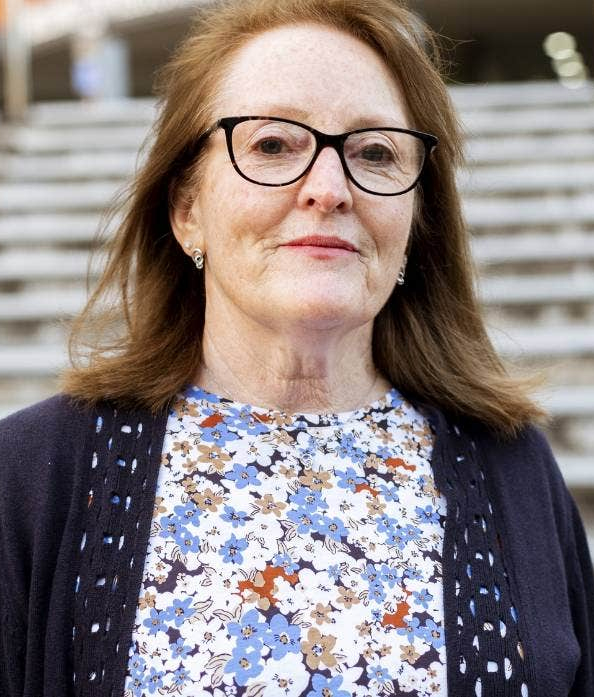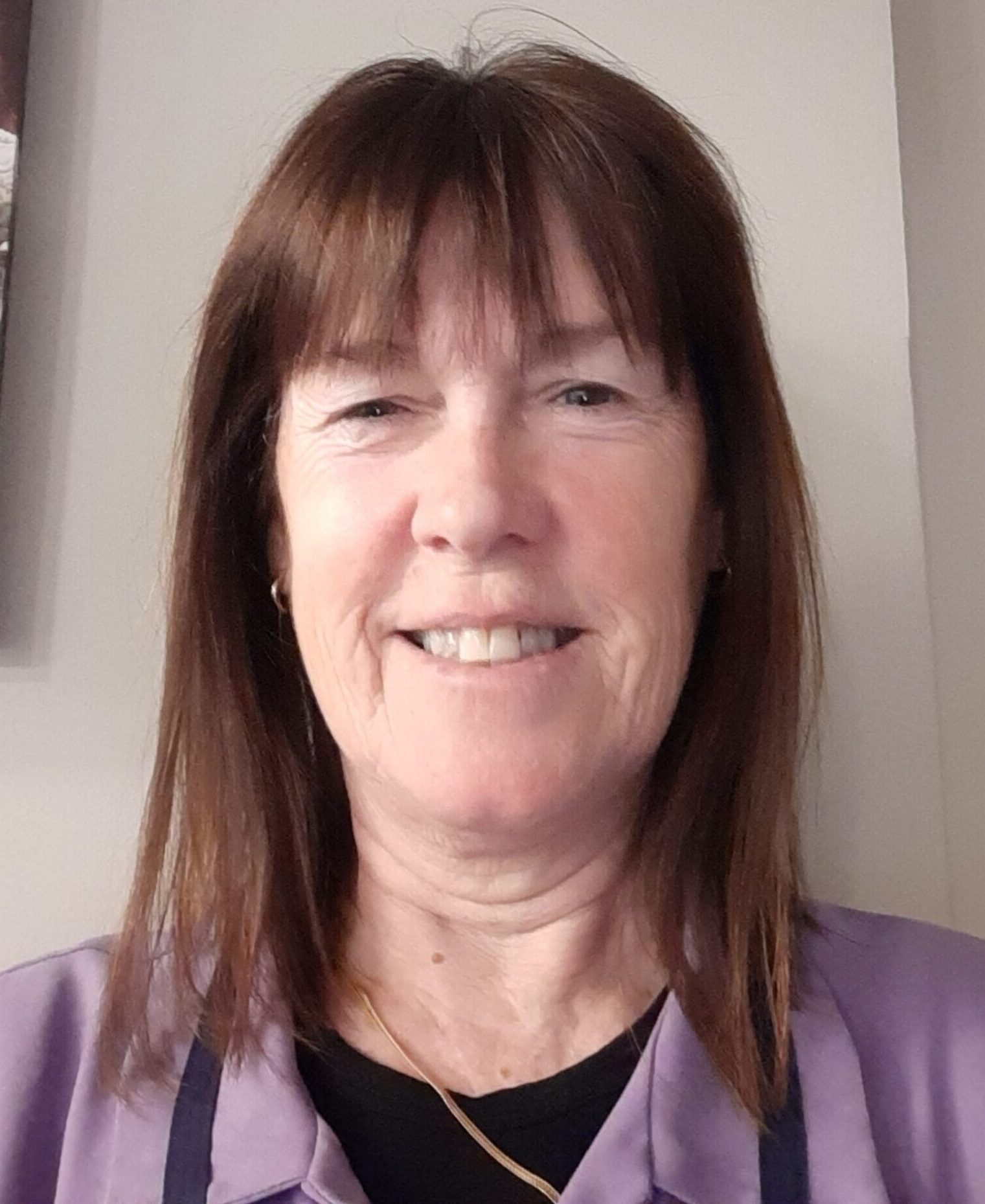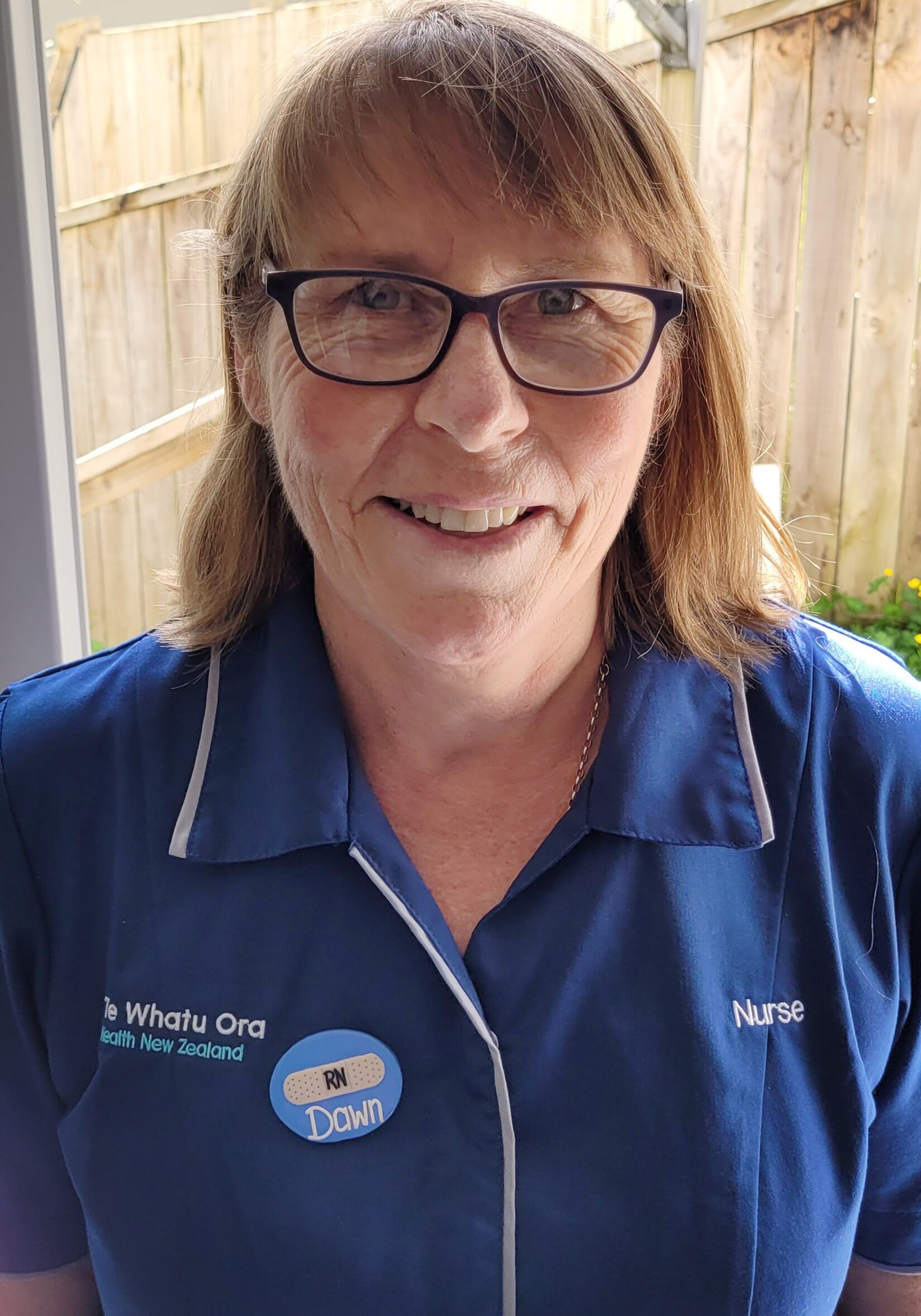To view the online election scorecard, visit https://maranga-mai.nzno.org.nz/scorecard, or you can click the image below to download a printable version.
 |
Porirua registered nurse (RN), aged care, Anita Cook:Labour have historically done positive things to support the health-care workforce, and she hopes that continues. “Additional clinical placements is a positive move but we need people attracted to the profession in the first place and clinical educators/tertiary systems to support those students.” National has a “terrible” record. “The pay increases offered were lower than inflation during their term, so nurses essentially had a pay decrease.” While Cook liked the idea of bonding, it was already underway. Cook liked some Green Party initiatives, such as paid student placements. “This would attract people to the nursing profession and support nursing students to complete their degree. This is important because the clinical requirements often do not allow students to hold part-time jobs while they study, which forces nursing students into extreme hardship.” She was concerned over both Act and National’s plans to disestablish Te Aka Whai Ora, which she said would neglect their responsibilities to te Tiriti. “Māori were assured equal rights and yet have poorer health outcomes and shorter lifespans than non-Māori. To meet te Tiriti obligations, Te Aka Whai Ora really needs to stay.” Cook said Te Pāti Māori’s Māori health-care card could be a great initiative — but believed more research into the complexities surrounding the health-care system was needed in order to expand their ideas. |
 |
Wellington RN, Te Whatu Ora, Helen Kemp:Kemp said she appreciated progress made so far under the Labour-led Government, but nurses everywhere needed pay parity, safe staff-patient ratios and more serious consequences for violence against health workers. Nursing students should also be paid to train and equitable, timely public health services were needed. “Labour has a good health minister, but she needs to be braver, advocate for the health workers and lead the way to better health outcomes for all.” National did not have a good track record in health spending or supporting health workers, Kemp said. “The bonding scheme is unrealistic and the relocation support scheme is full of holes,” she said. “Disestablishing Te Aka Whai Ora sends a clear message that they do not care about Te Tiriti or hauora Maori. Shameful misguided policy.” ACT: “A crock of s@#t!!! Even worse than National!” Green: Kemp said she had appreciated Green Party support, with several Green MPs standing beside the nurses at our rallies and speaking up in Parliament for health workers and improving our health system. “Their policies are consistent with fairness, equity and wellbeing for all.” Te Pati Māori: Positive policies that if implemented, would finally see Aotearoa with a fully functioning, top quality health system that benefits all people. Kia Kaha! |
 |
Ōtaki RN, aged care, Debbie McCash:Labour: Has been working on underfunding in wages for nurses and midwives, and finally addressed gender pay disparity issues. Immigration has allowed more short-term international nurse support, although I would like to see more targeted support for NZ-trained nurses. Green: Totally support funded training. “Fair” wages a bit of a broad brush. National: Student loan repayments a great idea to support NZ-trained workforce, and six month visa option to allow for OE travellers. Do not agree with relocation/bonding funding. ACT: Absolutely do not agree with the concept of downskilling and using non-regulated operators — no one expects an unregulated lawyer, so why a doctor or nurse. I do agree with growing the workforce relative to immigration, as net immigration has already reduced the recent staffing gains. Not sure about the EN role, as it appears to be not understood and under-utilised, and 4000 staff would benefit all health sectors. Once again disagree with not addressing gender pay disparity due to discrimination and human rights. |
 |
Auckland RN, Te Whatu Ora, Dawn Barrett:Labour: Moving in the right direction of valuing staff, improving workloads and patient care — but came to this point “kicking and screaming” to try and keep their exhausted workforce. More work is needed in this space. “Nurses are grateful but they have always given the job everything they have. The recent wage increases mean we may stay in this challenging profession.” Pay equity has happened, but not for all nurses. “There is still a substantial gap between hospital and community nurses. I have worked both roles, both have incredible workloads and challenges but the pay is very different.” Green: “Love, love, love their health policies. They are in line with their aspirations for all people. Supporting our student nurses to succeed by removing financial barriers is obvious. I would love to see nurses empowered to deliver the partnership between Te Whatu Ora and Te Aka Wai Ora.” National: Barrett agrees with the bonding concept, but thinks five years is too long and is concerned a repayment system won’t help nursing students “survive” their training. Further assistance for training is needed. “The five-year concept smacks of a female-dominated profession hangover. What other professions would expect their young people to delay travel and expand their knowledge professionally by five years?” She wants to see policy focused on training, supporting and developing young New Zealanders from all ethnicities into nursing. She would like clearer objectives and measures in our health system. Māori need urgent action and partnership with Te Whatu Ora for better outcomes. Act: Barrett says she likes ACT’s focus on forecasting demand, but believes overall their policies are a “backwards step that will not improve outcomes and inequities”. |
 |
Tōpūtanga Tapuhi Kaitiaki o Aotearoa — NZNO kaumātua Keelan Ransfield:He is concerned that neither major party has a plan to fully address the large pay disparity for nurses working for Māori and iwi providers. “Why does National continue to ignore pay parity for nurses who work for iwi and Māori providers? National took over after the 2008 elections and did nothing for Māori nurses working for their iwi or Māori providers during that whole time they were in power.” Plans by National and Act to disestablish Te Aka Whai Ora are also of particular concern to nurses. However, Ransfield praised Te Pati Māori for committing to additional funding for Te Aka Whai Ora and supporting Māori nurses. “I love the determination of the Māori Party to improve working conditions and pay for Māori nurses and health for Māori across the country.” |
 |
NZNO president Anne Daniels:She said the responses showed common concerns but also similar hopes for improvements in the health sector. “We have been appealing to politicians from all parties to make the current health crisis and more especially the workforce crisis a priority in the upcoming elections,” she said. “Nurses and health-care workers’ vote. They are on the front line of a health system in crisis and are looking to see which parties have a credible plan to fix our health system for our health workers and the communities we care for. That’s why we have released a health-policy election scorecard to help inform nurses as they head to the ballot box — who will deliver the nurse we need?” |





